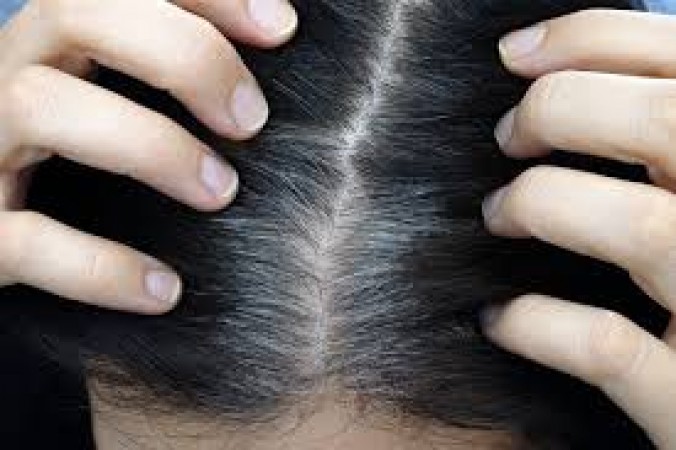West Nile fever is a viral infection transmitted primarily by mosquitoes. The virus belongs to the Flavivirus genus and is typically spread to humans through the bite of infected mosquitoes, particularly those of the Culex species.
The Kerala Outbreak In recent times, Kerala, a state in southern India known for its lush greenery, backwaters, and diverse wildlife, has been grappling with a rapid spread of West Nile fever. The outbreak has raised concerns among health authorities and the public alike.
Mosquitoes: The Likely Culprits Mosquitoes have long been known as vectors for various diseases, and West Nile fever is no exception. The primary mode of transmission for the West Nile virus is through the bite of infected mosquitoes. In Kerala, where mosquitoes are prevalent, their role in spreading the disease is significant.
Symptoms of West Nile Fever
- Fever: One of the hallmark symptoms of West Nile fever is fever, often accompanied by chills.
- Headache: Individuals infected with the West Nile virus may experience severe headaches.
- Body Aches: Muscle aches and joint pain are common symptoms of the infection.
- Fatigue: Feelings of tiredness and fatigue are frequently reported by those with West Nile fever.
- Nausea and Vomiting: Some individuals may experience gastrointestinal symptoms such as nausea and vomiting.
- Skin Rash: A rash may develop in some cases, particularly in children.
- Swollen Lymph Nodes: Swelling of lymph nodes, especially in the neck, may occur.
- Neurological Symptoms: In severe cases, individuals may develop neurological symptoms such as stiff neck, confusion, tremors, seizures, and paralysis.
Risk Factors Certain factors may increase the risk of developing severe West Nile fever:
- Age: Older adults and individuals with weakened immune systems are at higher risk.
- Exposure: Spending time outdoors in areas with high mosquito activity increases the risk of exposure to the virus.
- Time of Year: West Nile virus transmission peaks during the summer and early fall when mosquito activity is high.
Prevention and Control Measures To reduce the risk of West Nile fever, it's essential to take preventive measures:
- Mosquito Control: Implementing mosquito control measures, such as eliminating standing water breeding sites and using insect repellents, can help reduce mosquito populations.
- Protective Clothing: Wearing long-sleeved shirts, long pants, and using mosquito nets can provide additional protection against mosquito bites.
- Avoid Peak Mosquito Hours: Mosquitoes are most active during dawn and dusk, so avoiding outdoor activities during these times can lower the risk of bites.
- Vaccination: While there is no specific vaccine for West Nile virus, vaccines for other mosquito-borne diseases such as Japanese encephalitis may be available in certain regions.
Conclusion As West Nile fever continues to spread rapidly in Kerala, understanding its symptoms and mode of transmission is crucial for effective prevention and control. By taking proactive measures to reduce mosquito populations and protect against bites, individuals can lower their risk of contracting this potentially serious illness.
Fit and Tidy: How Household Chores Double as Exercise
Raw Mango Magic: Unlocking its Summer Health Secrets
Breathing Easy: Simple Exercises to Improve Lung Health for Asthma Patients
